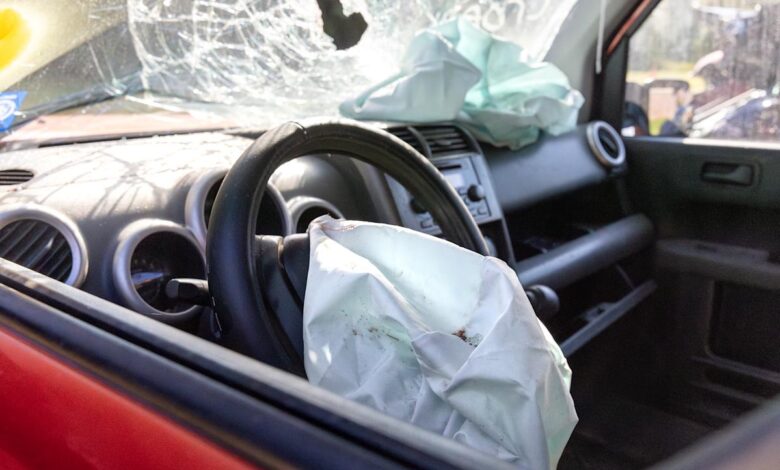What happens when your car is totaled?

After experiencing a car accident or disaster, hearing that your vehicle is a “total loss” may not be what you want to hear. However, all hope is not lost. If your car is deemed totaled and you have insurance coverage, the insurer will provide a lump sum payment to compensate you for the vehicle rather than covering the cost of repairs.
When determining if a car is totaled, some states set a damage threshold, such as 75% of the market value. For instance, if a vehicle is valued at $10,000 and the estimated repair costs exceed $7,500, it would be considered totaled. In other states, insurers use their own formulas to make this determination.
It’s important to note that airbag deployment does not automatically mean a car is totaled. The decision to total a vehicle depends on its value and the cost of repairs. If the cost of repairs is less than the insurer’s total loss threshold, the insurance company will typically opt to pay for the repairs rather than declaring the vehicle a total loss.
In recent years, there has been an increase in the number of cars being deemed totaled due to rising repair costs. The complexity and cost of repairing modern vehicles with advanced technology components have contributed to this trend.
When it comes to insurance coverage for a totaled car, different types of policies come into play depending on the situation. Collision insurance covers damages from a collision with another vehicle or object, while comprehensive insurance covers damages from events like vandalism, hail, or floods. The other driver’s property damage liability insurance and uninsured motorist property damage insurance also come into play in certain scenarios.
Following a car insurance claim, an estimate from a repair shop may be necessary to assess the damage. If the vehicle is potentially repairable, a claims adjuster will evaluate the extent of the damage and estimate the repair costs. If the car is deemed a total loss, the insurance company will pay the actual cash value of the vehicle minus the deductible.
In instances where the insurance settlement may not cover the full loan or lease balance, gap insurance can help bridge the gap. This type of coverage pays the difference between the amount owed on the vehicle and the insurance settlement.
If you decide to keep a totaled car, the insurance company may deduct the salvage value from the settlement payment. It’s important to understand the rules and regulations regarding owning and repairing totaled vehicles in your state.
Receiving an insurance check for a totaled car can take anywhere from a few weeks to a couple of months. If you encounter challenges in negotiating a fair settlement, hiring a lawyer may be beneficial. It’s also important to note that filing a comprehensive claim typically does not result in a rate increase, but filing a collision claim for an at-fault accident may impact your rates.
Navigating the process of dealing with a totaled car can be overwhelming, but understanding your insurance coverage and options can help you make informed decisions during this challenging time.





